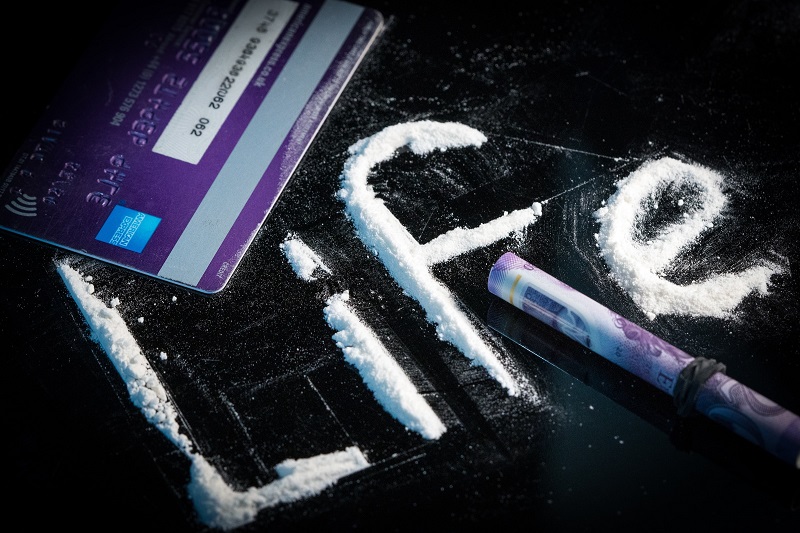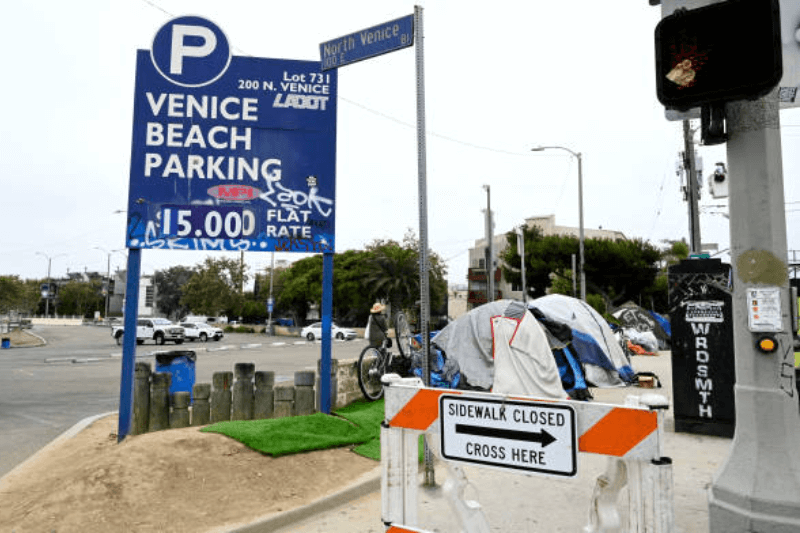
Has Bukele’s fierce offensive against drugs already made El Salvador the safest country in Central America?
For decades, El Salvador was known for a couple of things: a hard-fought proxy war and the takeover by various criminal gangs reigning supreme through violence and drugs. Today, the country in Central America is evidently different.
With the coming into power of the incumbent Nayib Bukele’s government, El Salvador has become enormously safe. Over the last few months, the hard-right government has launched a fierce war against the notorious criminal gangs which used to control a vast region.
But Not Everyone Is Happy With The Heavy-Handed Approach
The 75,000-strong gangs which had been proliferating terror in the country with their criminal activities were devastated by the use of military operations. While no one truly knows how many criminals were killed, it’s safe to say the number lies in the thousands.
The remaining, the ones who surrendered to the authorities, were transferred to the new supermax prison built by the government. The confinement centre specifically designed to house scores of these criminals holds around 60,000 inmates today.
But not everyone is happy with the Salvadoran government’s heavy-handed approach. A number of NGOs, press organisations and the UN have criticised the administration for using such methods. But the criticisms seem to have fallen on deaf ears.
Keep Reading
This All Comes At A Price Though
Publicly, the Bukele government has expressed no interest in responding to such accusations. Since assuming his role in June 2019, the president has kept his campaign pledge to make El Salvador the safest Central American country. So far, he has evidently succeeded.
The impact of his policies have drawn intense attention toward the tiny country. In recent months, Honduras, Guatemala, Mexico, Peru, Paraguay and Ecuador have expressed interest in learning how some of the tactics could be used within their respective borders.
This all comes at a price, however. In searching for a fine-tuned balance between a heavy-handed approach and private liberties, the Bukele government must aim for the point where the population feels safe, while creating a prosperous landscape for foreign investments.
El Salvador Using China To Contain Crime
NGOs have maintained a constant worry that the government is tempted by a form of dictatorial setup where military, judicial and police institutions will eventually limit people’s liberties. For instance, El Salvador has revealed interest to use China to ensure crime does not flourish again.
The government is currently in the process of ordering scores of facial-recognition cameras from the Asian country. While for some, this is a clear sign of a dictatorial setup, for others, it’s the price the citizens must pay for the country to remain safe over the long haul.
In fact, an overwhelming number of Salvadorians approve of what Nayib Bukele has done so far. It has now become relatively safe to go out at night, move from one neighbourhood to the next and even travel within the country. A year and a half ago, these benefits were just distant dreams.




